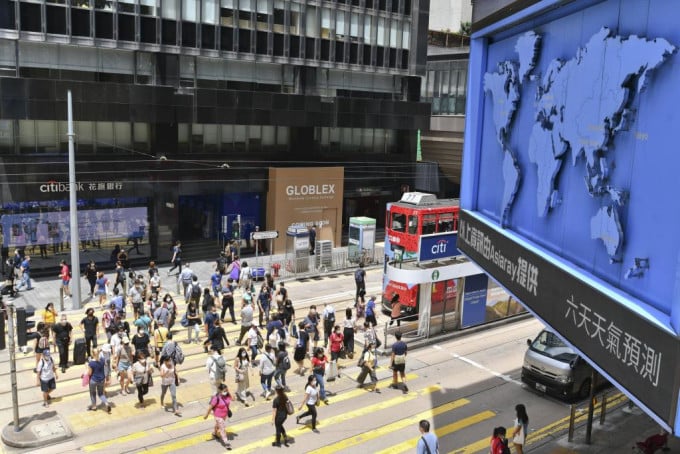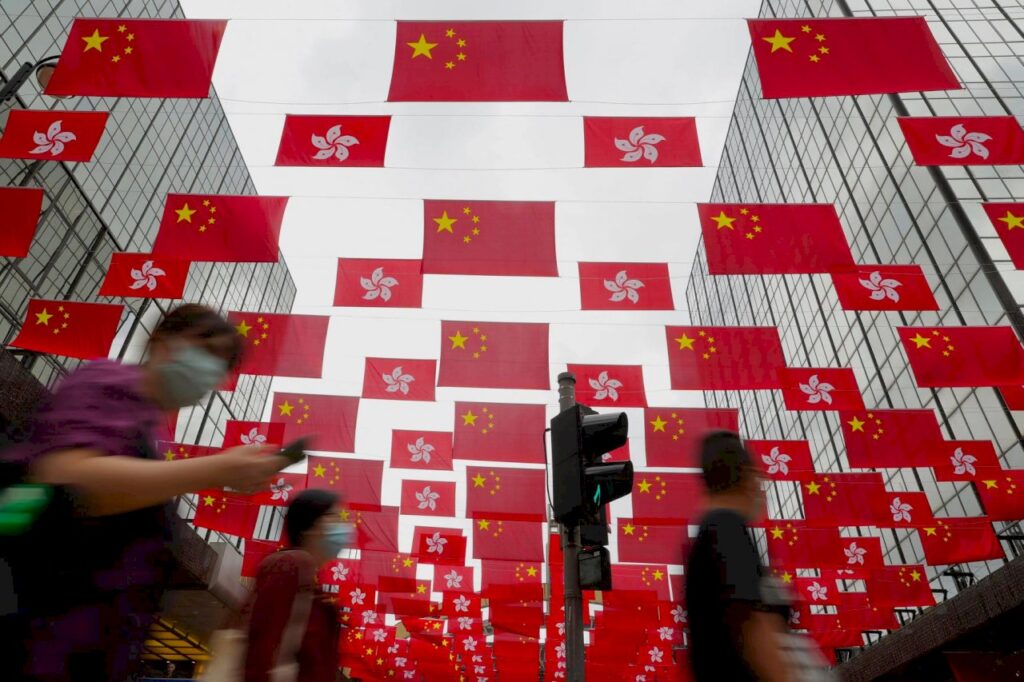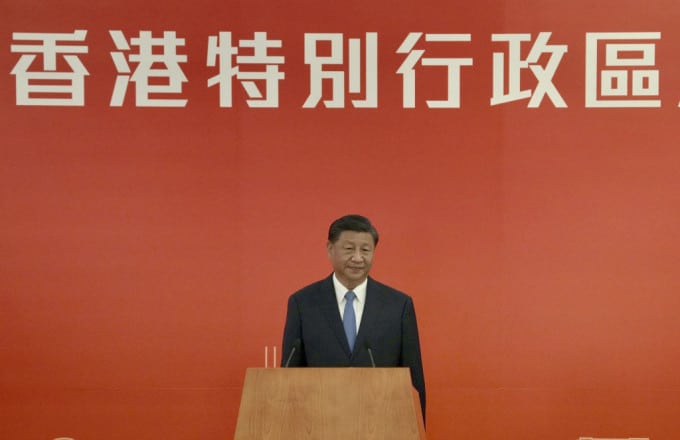Geopolitical undercurrents are constantly rising amid the competition between China and the United States. Hong Kong affairs are often exploited by unscrupulous politicians, and the implementation of one country, two systems is often blamed. Western countries have repeatedly played the "Hong Kong card" on the rule of law and freedom of speech, threatening the imminent collapse of its status as an international financial center. In fact, they are gradually marginalizing Hong Kong and using it as a bargaining chip to contain China. It can be seen from this that the reputation of "one country, two systems" plays an important strategic role in the country's diplomatic landscape.
It is difficult for the US to return to the Indo-Pacific and Hong Kong can survive alone
In the coming years, the risks will only be higher and the crisis will only be greater. In early 2019, Xi Jinping reiterated the one country, two systems plan for Taiwan, which aroused Taiwan's sensitive nerves. Tsai Ing-wen convened a "national security meeting" to formulate strategies to undermine the one country, two systems. The countermeasures program covers a wide range of areas. In addition to the legal system, economy and military, it also touches on the sentiments of the people and requires "unity within" and "concerted action." Later, the earth-shaking turmoil over the amendment bill in Hong Kong and the unsuccessful phenomenon of Han Kuo-yu in Taiwan have become history. Now that the mainland has launched a "overall strategy" to speed up the resolution of the Taiwan issue, conflicts across the Straits are bound to increase, and "one country, two systems" will come under greater pressure.
Looking around, the United States has strengthened its Indo-Pacific strategy and become increasingly involved in military and economic matters. Last year, the United States, the United Kingdom, and Australia reached a trilateral security cooperation agreement. China and the Solomon Islands recently signed a security agreement in response. The United States immediately took advantage of Australia's strong backlash and rushed to send personnel to the South Pacific to prevent cooperation between China and Solomon Islands. ASEAN, China and others have signed the RCEP, but before the news has finished, the United States has drafted the Indo-Pacific Economic Framework (IPEF). Although Taiwan has not yet been included in it, it has promoted Taiwan's positioning as the United States' Indo-Pacific partner. Later this month, U.S. President Biden will make his first trip to Asia and hold a quadrilateral security dialogue with the leaders of Japan, Australia, and India. It is expected to formally launch IPEF to ensure that the Indo-Pacific region is not affected by China. China and the United States continue to be at odds, and one country, two systems will once again become a bargaining chip in the tug of war, and it will be difficult for Hong Kong to survive alone.
Gather people's support to maintain one country, two systems
One country, two systems also plays a key role for the country and Hong Kong, but the SAR government often understands and emphasizes business advantages from the perspective of political system and law. It only provides publicity activities and research funds locally, and only focuses on investment promotion overseas, without viewing one country, two systems from the perspective of popular support projects. In fact, to effectively safeguard one country, two systems, rallying public support is absolutely essential. Hong Kong needs a new governance discourse, and a "new Hong Kong story" should be written to outline the city's goals and dreams and create social resonance. The new discussion needs to focus on the happiness of the people, use the love of the people to safeguard the prestige of governance and national security, maintain a positive interaction between the mainland and Hong Kong, and strengthen "one country, two systems" to become an institutional advantage that contributes to national rejuvenation.
The democratic approach recommends the establishment of a broadly representative and participatory "One Country, Two Systems Committee" as a high-level leading department to formulate and promote Hong Kong's "One Country, Two Systems" strategy. Internally, we should establish a set of governance discourses at the macro level to enhance citizens' sense of belonging, and explain questions about one country, two systems to the public and the international business community at the micro level. Externally, coordinate the publicity strategies of the Economic and Trade Office, Invest Hong Kong and the Trade Development Council, contact Hong Kong people and investors on the mainland and overseas, and encourage local people who are friendly to Hong Kong to promote Hong Kong, including recipients of the Belt and Road Scholarship. Hong Kong urgently needs a dedicated department to strengthen domestic and international communication work, tell the story of Hong Kong, China, enhance the understanding of Hong Kong's situation by mainland compatriots and the international community, and improve the perception of Hong Kong's development.
Ray Poon
Co-Convenor (Research), Path of Democracy



